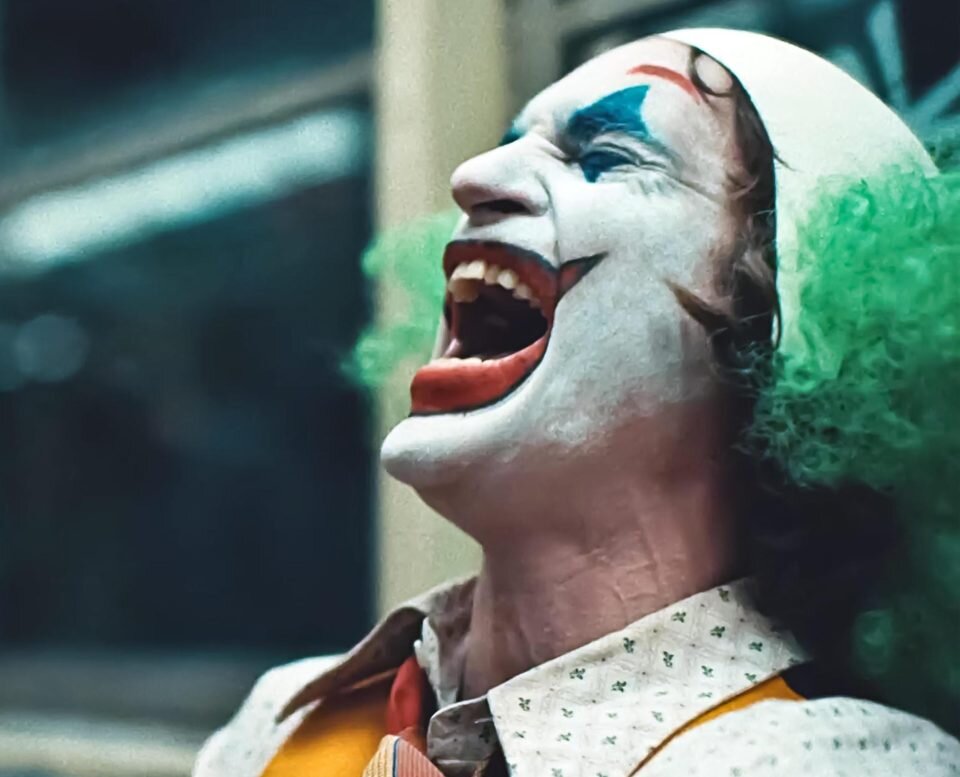Buffoons & Bouffons
What image does the term ‘buffoon’ conjure for you? Is it a gormless, upper class ponce with very little intelligence? Is it our ludicrous leaders spouting absurdities and displaying ridiculous behaviour? It’s interesting how the word has changed its meaning over the years. The buffoons we refer to these days are social clowns, who make a fool of themselves and get cheap laughs – whether intentionally or not. We have lost the gravitas of this term somewhere along the line.
Watching the film Joker recently, I felt new hope. Here is a bouffon at his finest, in the truest sense of the word. The underdog, not the leader; the outcast who is down trodden and belittled by those in power. Joaquin Phoenix delivers a mesmerising performance. He is at once grotesque and beautiful; obscenely violent and intensely moving. The Joker may take the guise of the clown, but he is no fool. The mask disguises the pain and anger that is mounting at his core, caused by those who reject him, deny him and laugh at him, but the last laugh is his.
The Joker is the classic bouffon – the inverse clown – who laughs at his audience as they become increasingly confused and when the time is right for the uprising, he flips the table. He is the voice of those forgotten and thrown out to the slums and his power is that he is never alone, for he is legion: “We are all clowns”.
The bouffon is irrepressible. In the sixteenth century, when poverty was rife, bouffons were visible everywhere, but today we don’t always notice them, for the bouffons are invisible to those who have it all, but they are still here. It is partly our overriding need to be politically correct that causes us to turn a blind eye when a bouffon crosses our path and it is certainly this that has marginalised bouffon as a performance style. Tramps, the severely disabled, the mentally ill drunkards, the dementia-wanderers, downs syndrome drag queens … Bouffons make us feel uncomfortable, whether we like to admit it or not. As an audience, we’re not sure whether we are allowed to look, let alone laugh and we certainly don’t like to become the subject and the butt of the joke.
Joker made me realise that now, more than ever – in our climate of political insanity and with our insanely changing climate – the time is right for the voice of the bouffon to be heard again. The bouffon no longer exists only in the shadows; the bouffon is rising in each of us. The more we feel suppressed, ignored, embittered, begrudged, the more the frustration of a nation is bubbling within; we need to find a way to vent it, before anarchy is unleashed.
Theatre is where this can happen. Theatre has the power to bring about change and there is a place for politics here. Joan Littlewood’s 1936 Manifesto for the Theatre Union resonates once more:


